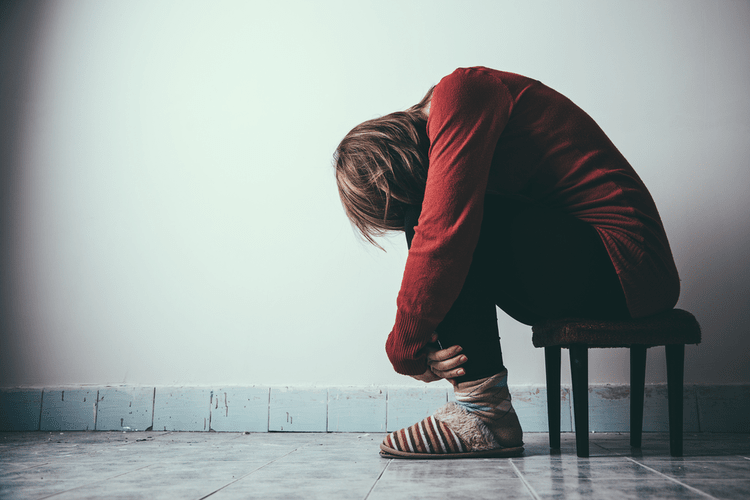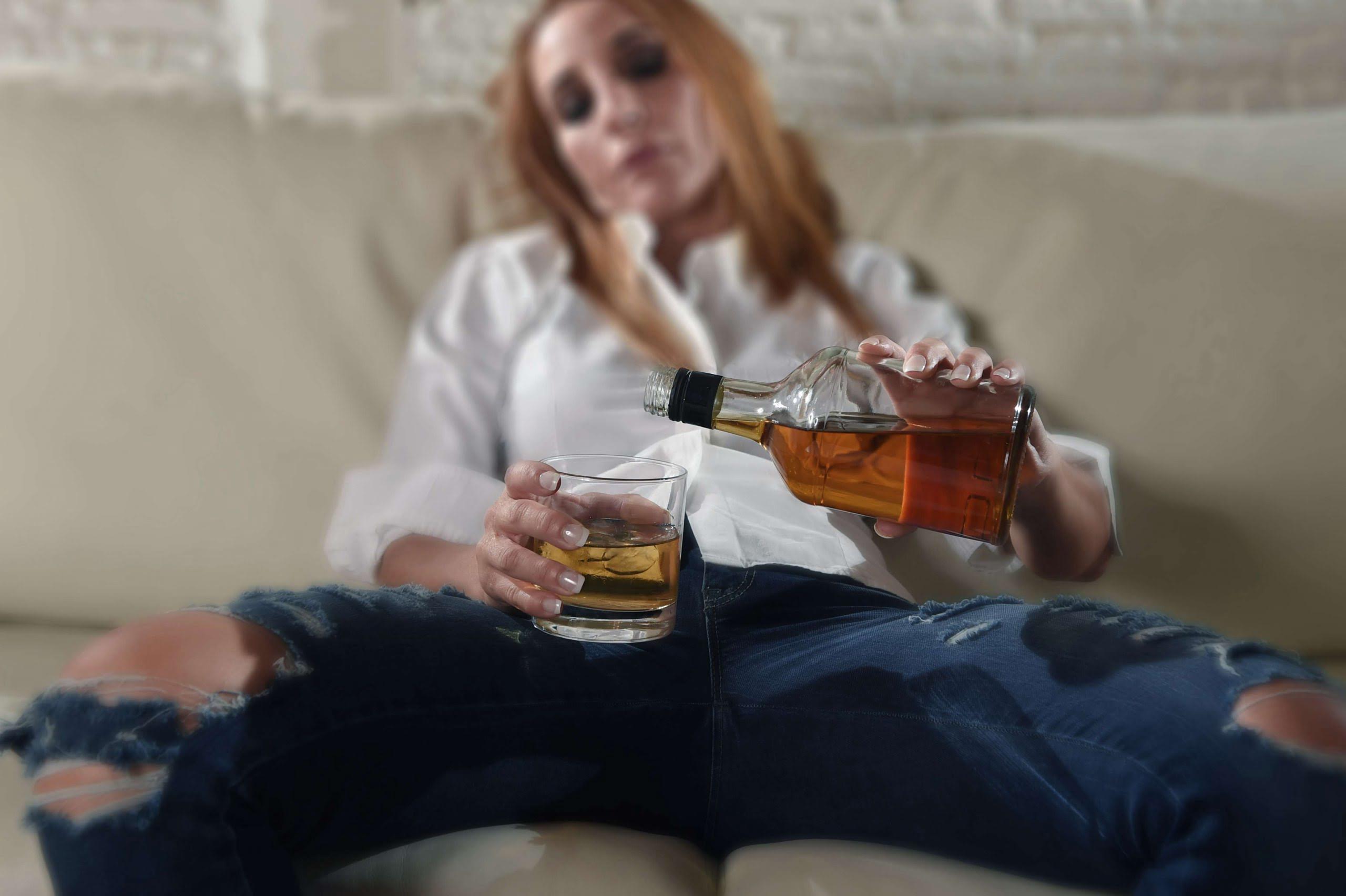With some insight into factors that can cause rage or aggression while drinking, you can take steps to avoid certain behaviors. Selecting the best care involves considering your personal needs, circumstances, and preferences. It’s essential to commit to a sobriety plan and alcohol abuse intervention to help prevent relapse and manage anger effectively. Alcoholic rage syndrome is a complex disorder influenced by a combination of genetic, environmental, and socioeconomic factors. Understanding the triggers and warning signs can be crucial in helping you or a loved one manage this condition and seek appropriate treatment.
- A slight annoyance may turn into an infuriating problem, thanks to alcohol.
- Building a reliable support system can play a crucial role in coping with alcoholic rage syndrome.
- Spending time with your loved one, especially on activities you both enjoy, may help them feel more positive and optimistic about life in general.
- Maybe they slipped up and had a drink after several months of sobriety.
- It stands to reason that if your loved one can funnel his or her energy toward healthy productive objectives, they will be successful in leaving the negative disposition of “dry drunk” by the wayside.
What Are The Effects of Alcoholism on the Brain?
This impact can begin to take place after just one drink, depending on the person and other factors, he adds (2). If the addict chooses to seek recovery, knowing that they still have people who care about them and want to see them recover is crucial for their journey into sobriety. You must be consistent with refusing to accept poor behavior; this includes emotional and verbal abuse. If they are violent towards you or their behavior is otherwise inadequate, you must contact the proper authorities.
When Coping with Alcohol Use Disorder
- By analyzing vast amounts of data, predictive analytics can identify patterns that reveal risk factors and potential treatment targets, empowering healthcare providers to tailor interventions more effectively.
- Other potential interventions involve modulating serotonin levels to improve emotional regulation and mitigate impulsive behavior.
- I have heard clients say that at least when their loved one was drinking they knew what to expect.
Additionally, when you don’t reflect on mistakes you’ve made, you’ll probably repeat them. They found that people with HTR2B Q20 tended to be more impulsive and aggressive under the influence of alcohol. They were more likely than those without the variation to have a history of outbursts and fights while drinking, as well as to have been arrested for driving under the influence. Some people may become more angry or aggressive when they drink, in part because of alcohol’s effects on brain chemistry.


How Does Alcohol Affect the Brain?


Sometimes, people with alcohol use disorders have an unhealthy relationship with alcohol due to specific genetics. Because alcohol is a psychoactive drug, it temporarily alters your mood, perception and feelings. Intoxicated people may feel more outgoing, lonely, joyful — or angry.
Who is at Risk of Becoming an “Angry Drunk?”
On the other hand, undefined inappropriate, intense, or poorly controlled anger may affect as many as 7.8% of people in the United States. Often, a rageaholic will display unprovoked bouts of rage or a level of anger excessive for the given situation. Even if they direct https://mgodeloros.ru/stati/pohmele-pohozhe-ne-silno-vlijaet-na-vremja-do.html these emotions toward themselves, their emotional state can affect yours. Try to remember this isn’t necessarily a situation they chose to be in. It’s equally important to explore the habits and reasons behind your drinking, ideally with a qualified therapist.


The Revealing Science Behind the “Angry Drunk” Phenomenon
- BetterHelp offers affordable mental health care via phone, video, or live-chat.
- Recovery can be extraordinarily difficult and bring up feelings of hopelessness.
- Support groups can be the first step towards recovery or part of a long-term aftercare plan.
They were also required to respond to the Consideration of Future Consequence Scale (CFC). It was found that those scoring lower became significantly more aggressive than those who had higher ratings on the CFC. The findings were explained by emphasizing that concern for the future involves greater prefrontal cortex resources that help inhibit the excessive impact of alcohol. Specifically, it found that problematic drinkers may be https://ulposuda.ru/sleep/stiven-king-kratkaya-biografiya-na-angliiskom-stiven-hoking/ more likely to attend to aggressogenic stimuli while intoxicated, and that is, they were more likely to experience certain cues as aggressive. Impairment in judgment and impulse control from heavy drinking can cause anger to escalate to rage and even violence. Literature from PubMed Central indicates that alcohol-related aggression often occurs among individuals who engage in chronic alcohol consumption and have become dependent.
“Keep in mind that any amount of drinking can influence emotions and behavior,” O’Brien says. Alcohol can fuel rage or aggressive behaviors even when a person https://gazeta500.ru/es/how-to-dilute-pure-alcohol-with-water-the-recipe-for-cooking-homemade-lemon-vodka-from-alcohol/ isn’t intoxicated. The tendency to avoid looking ahead and assessing consequences for one’s actions is a risk factor for aggressive behavior while drinking.

